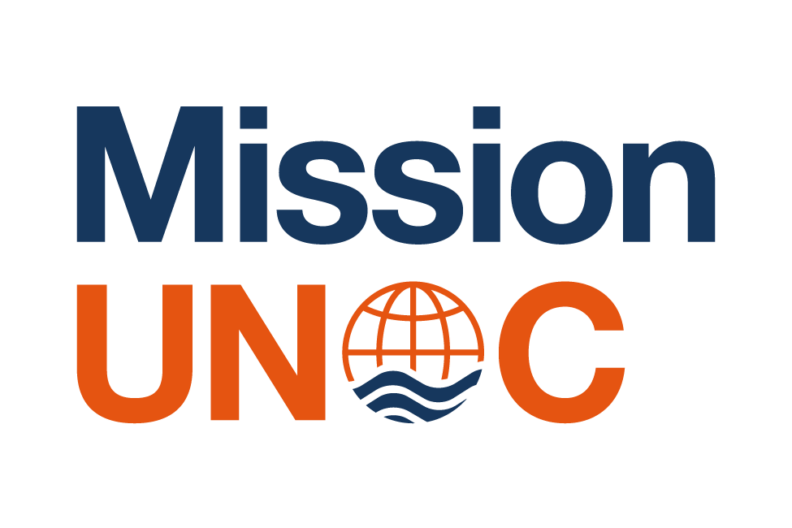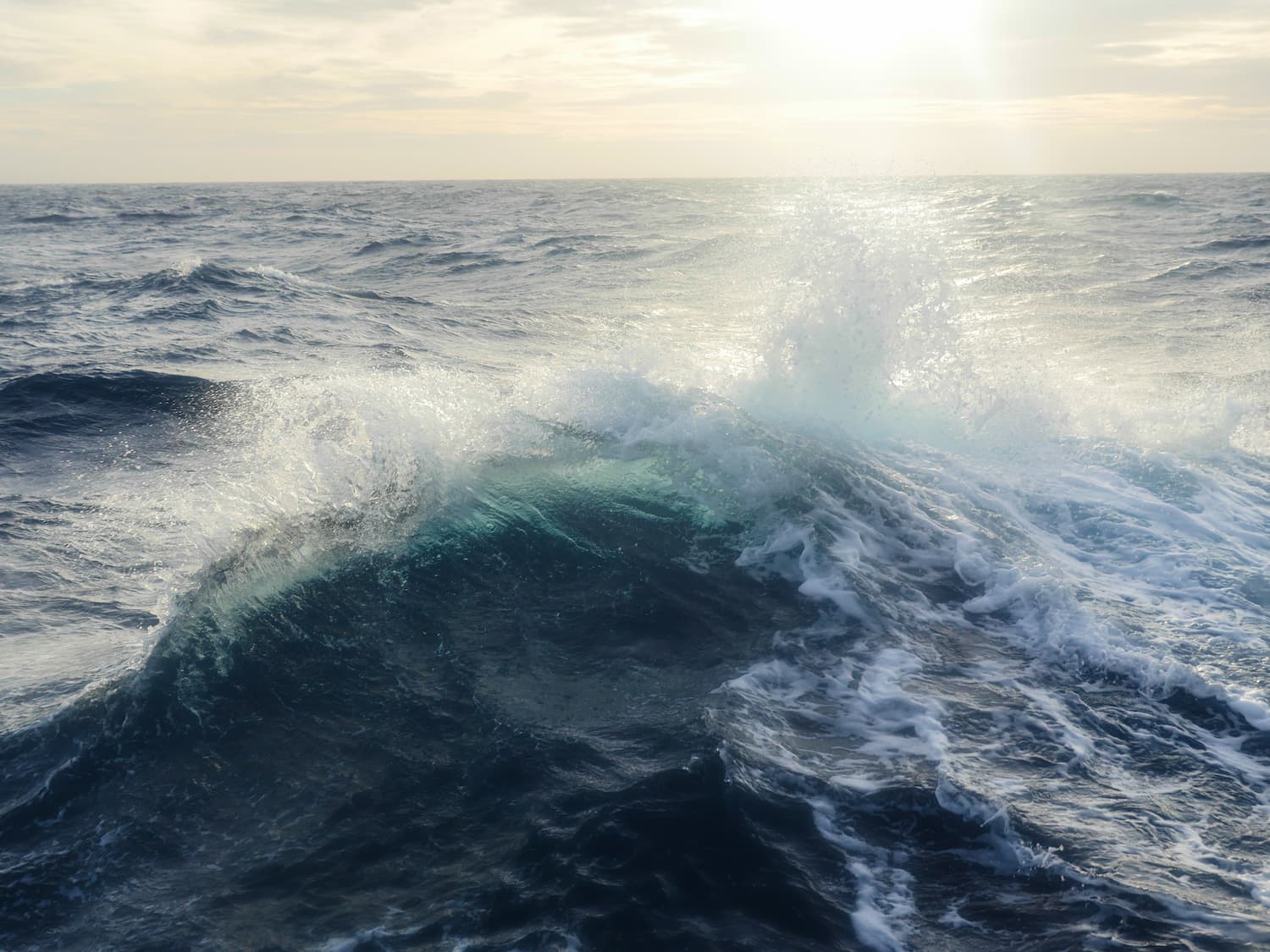COP15 of the Convention on Biological Diversity: how to integrate marine ecosystems into the global biodiversity conservation strategy?
For the beginning of the COP15 of the Convention on Biological Diversity, the Tara Ocean Foundation reminds us of the urgent need to better include marine ecosystems, their ecosystem services and the pressures they face. Marine biodiversity is still largely unknown to us and yet we already know that the sustainability of life on Earth depends directly on it.
1992-2022: What assessment 30 years after its ratification?
In 1992 was held the Earth Summit in Rio, a historic meeting during which the Convention on Biological Diversity (CBD) was created, among other things, a major governance framework for environmental protection. This Convention deals with biological diversity at all levels: ecosystems, species and more recently genetic resources.
At the COP10 of the CBD in Nagoya, Japan (2010), the Parties to the Convention adopted a Strategic Plan for Biodiversity 2011-2020. This plan provided two key tools for global biodiversity conservation:
- a list of 20 Targets, the so-called Aichi Targets, to ensure that by 2020 ecosystems will be resilient and continue to provide ecosystem services essential to life on Earth but also to human well-being;
- a financial strategy protocol, the Nagoya Protocol, setting out the mechanism for international public aid dedicated to biodiversity.
To date, none of the Aichi Targets have been met. As a result, recommendations have been made for a new round of targets, with a view to producing a post-2020 Global Biodiversity Framework (GBF). This is the challenge of this COP15 which will be held from 7 to 17 December 2022 in Montreal, under the Chinese presidency. The objective will be to adopt this framework in order to stabilize the loss of biodiversity by 2030 and to allow the restoration of natural ecosystems, with net improvements by 2050.
Initially strongly focused on land issues, the CBD still timidly includes coastal and marine ecosystems in its scope. This COP15 must ensure that these crucial ecosystems are properly taken into account in the fight against and adaptation to climate change. In addition to taking the Ocean into account in the global actions required for the post-2020 framework, the Tara Ocean Foundation has drawn up a list of specific issues to address.
The 30X30 lens: What coverage and what level of protection for the AMP?
The Foundation welcomes the CBD’s objective of protecting 30% of land ecosystems and 30% of marine ecosystems worldwide by 2030. This is a minimum objective for NGOs and scientists, while some countries, such as China, Argentina and Brazil, are opposed to it, and others wish to make it less precise because their maritime areas are fully used.
Thus, for the international community, everything remains to be done to implement this objective, and first of all, to reach a consensus on a common definition of these spaces and their management methods. Beyond the quantitative objective, the States must also set up roadmaps to reach this objective and above all give themselves the means to define and manage them in a coherent and efficient way. Today, highly destructive human activities, such as trawling, are still authorized in so-called protected areas.
According to the Foundation, with regard to marine protected areas (MPAs), there are several emergencies to address:
- the definition issue: it is important to establish these MPAs on a solid scientific basis and to ensure that all countries have the means to finance this research for the planning but also the monitoring of their MPAs;
- the level of protection issue: the 30×30 target must not push States into a race for square kilometers of protected areas with low levels of protection. Indeed, the scientific community agrees that only the so-called “integral” or “strong” levels of protection allow for real benefits for biodiversity within MPAs but also at their periphery (study published in the journal One Earth). Currently, only about 3% of the ocean is in strongly/integrally protected areas.
- the management issue: States must also ensure that each MPA defined is actually implemented, respected in its uses (fishing, tourism, etc.) and managed sustainably with the systematic inclusion of indigenous populations and local communities.
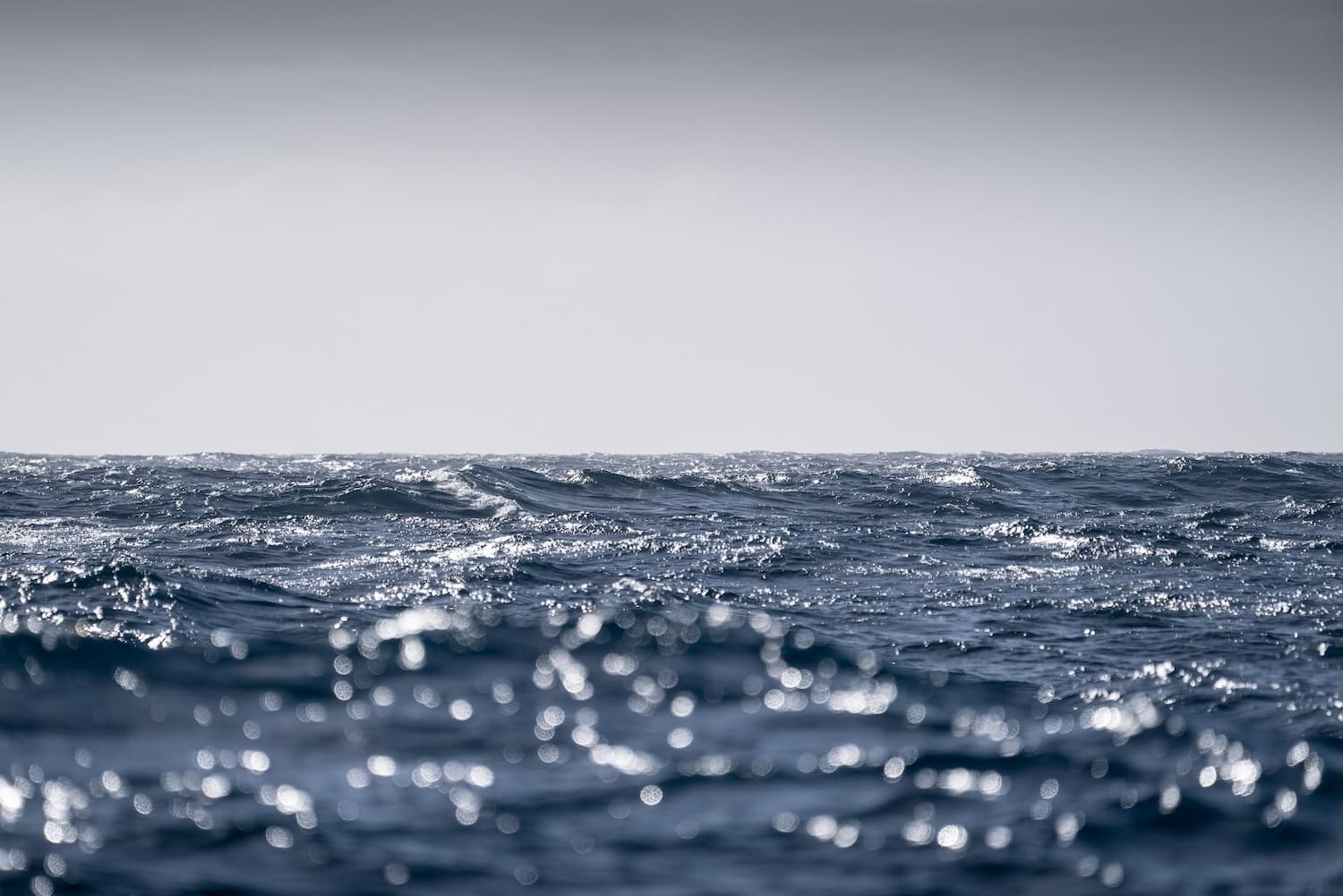
The IUCN Marine Protected Areas Guide, which for the first time provides a scientific framework for consistently planning, mapping, monitoring and controlling the achievement of MPA objectives
The challenge of digital data regulating
Since its entry into force in 1993, the objectives of the CBD have been ;
- the conservation of biological diversity,
- the sustainable use of its components,
- the fair and equitable sharing of the benefits arising out of the utilization of genetic resources.
In 2016, the topic of digital data regulation emerged, and for the first time the idea of “Digital Sequence Information” (DSI) was discussed at COP14. Today, the concept of DSI is well established and includes the genetic sequences of plants, animals and microorganisms. As in medicine, advances in genetics and genomics, with high-speed DNA sequencing, represent a real revolution for marine biology. In the face of this revolution, many countries are concerned about the lack of rules for the management of these digital data.
In the name of equity and traceability, several countries are calling for greater control over access to these data, which could represent an overly strict regulation that would threaten the very principle of free access for the scientific community.
Even if this regulation must follow the principles of fairness and ethics of the Nagoya protocol, it must in no case create barriers to access to genomic databases that are essential to the progress of knowledge.
In 2020, the Tara Ocean Foundation joined the “DSI scientific network“, a network that defends the principle of “open data”. Indeed, all digital data from the Tara expeditions are available on databases open to all researchers in the world, without restriction. Free and open access to data allows incredibly rapid advances in research, as was the case for the COVID19 vaccine. The Tara Foundation is convinced that the answer to the lack of regulation must be structured not around the closing of databases, but on training, technology sharing, and strengthened scientific cooperation between countries, especially with developing countries.
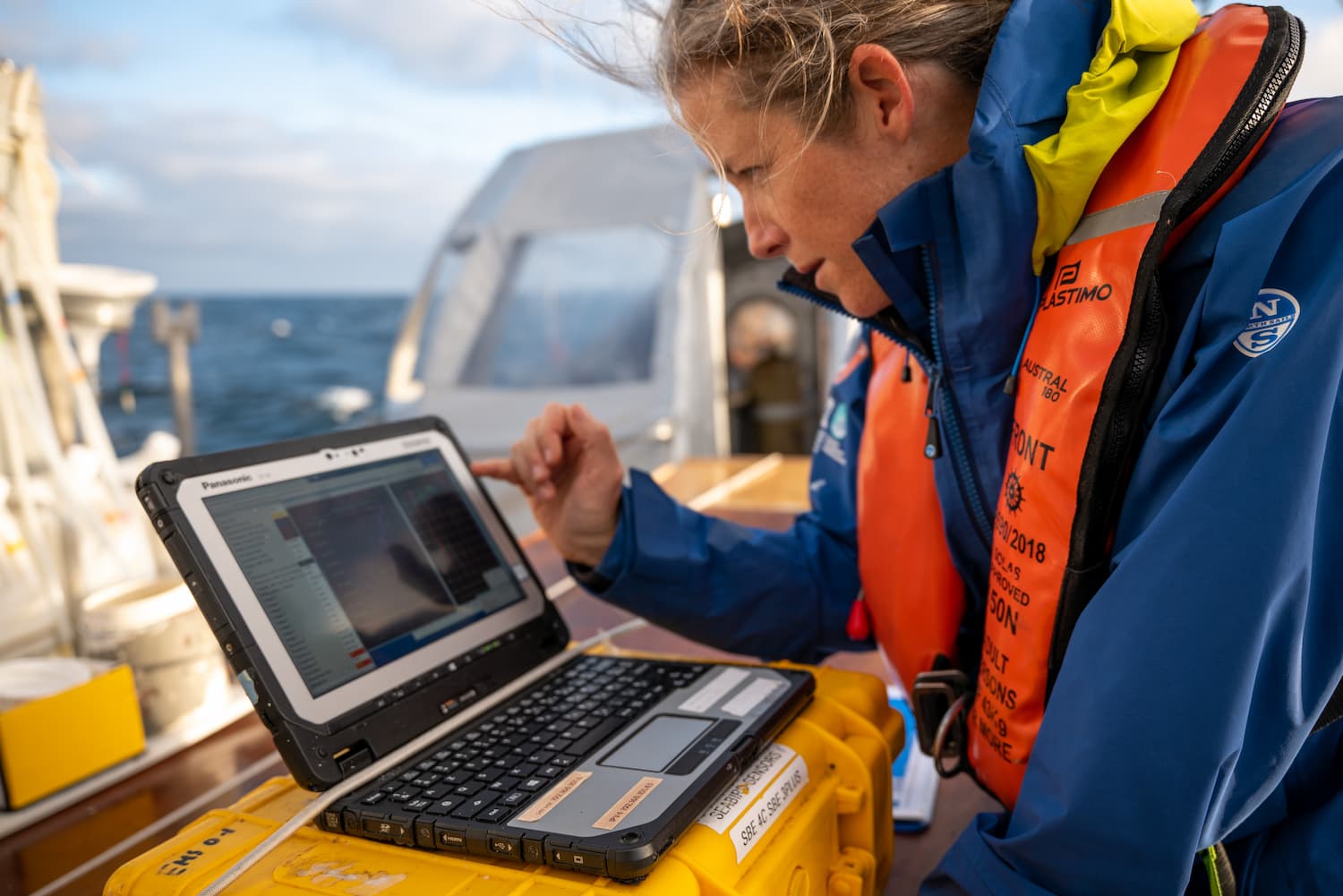
A hot issue: the deep-sea mining
Deep-sea mining in the high seas is a hotly debated topic. Heralded as an Eldorado rich in rare metals thirty years ago, these areas remain difficult to reach, and viable mining projects are proving too expensive and ecologically disastrous. With the ecological and climate crisis, is it reasonable to continue to explore the deep sea, the last remaining pristine areas of our planet?
Based on the opinions of researchers but also economists, the Tara Ocean Foundation believes that the answer is no, and that it is time to stop pushing the limits of the planet even further, especially since no organization will be able to enforce a legal regulation at 3000 m depth.
In this context, several civil society organizations, supported by a dozen governments, are now calling for a moratorium on deep-sea mining to be enacted by the International Seabed Authority (ISA). The opportunity of this moratorium, of a pause, or even the ban supported by the President of the French Republic, would be strengthened with its inclusion in the framework of the post-2020 biodiversity agenda being negotiated at this COP15.
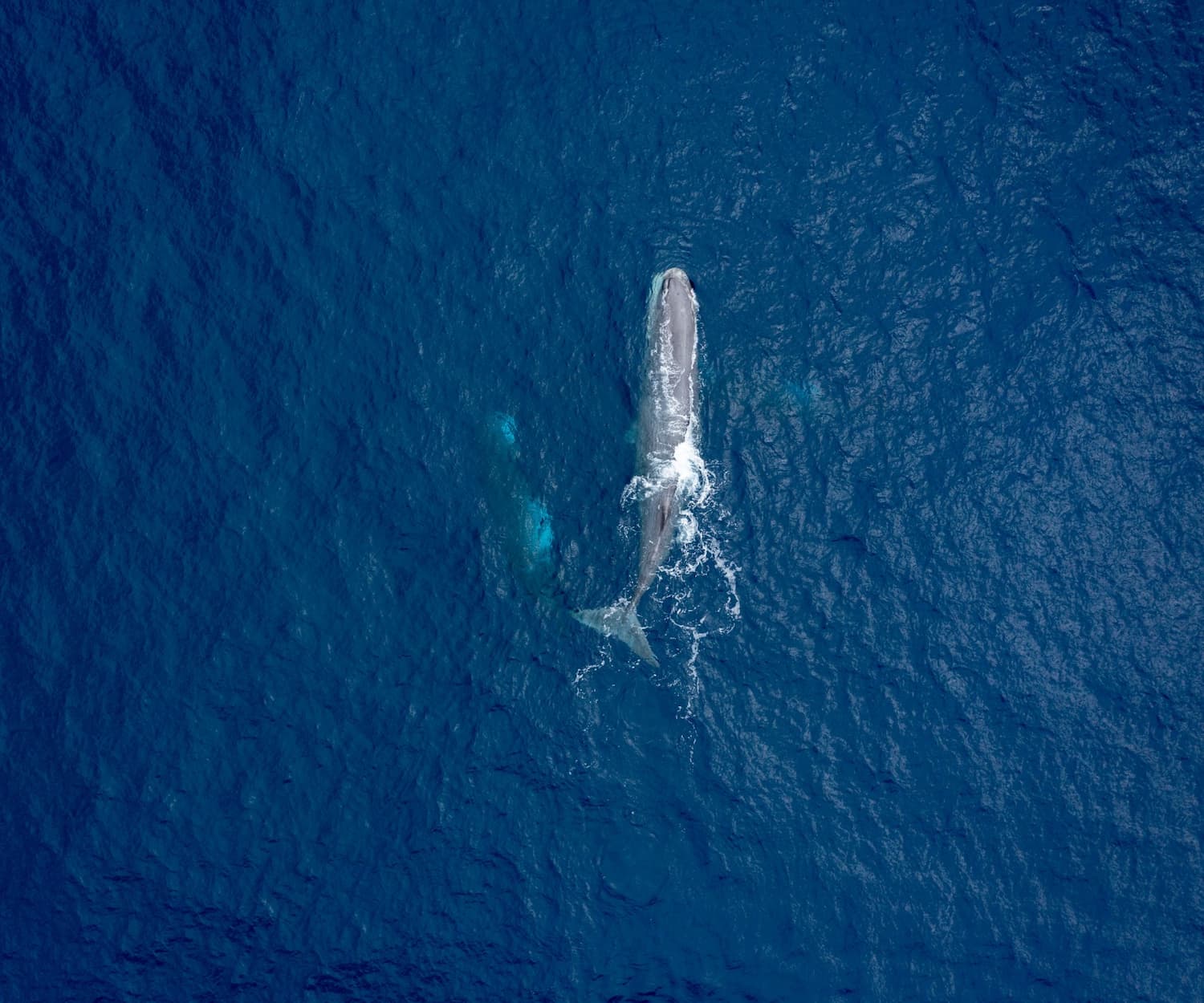
The call by French NGOs, including the Tara Ocean Foundation, and parliamentarians to the French government for a moratorium on October 26, 2022:
